1727
0
4 minutes
Suggested Articles

First-generation Ivy Leaguers triumph over unique college challenges
Discover key insights, life hacks, and data-driven tips for first-generation college students thriving in prestigious U.S. universities. Find practical strategies, unique challenges, and fresh perspectives essential for student success.
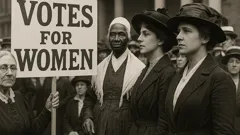
US Suffrage Movement: How Women Won the Vote and Changed History
Civic Education
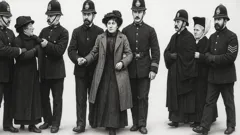
7 Surprising Facts About the US Women's Suffrage Movement
Civic Education
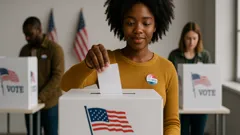
Voter and Civic Education: The Cornerstones of True Democracy
Civic Education

Why this Florida data leak changes how we think about privacy
News & Updates

Young voters ignite a powerful wave of change at the polls
Civic Education
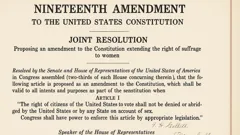
How the 19th Amendment Transformed Women's Voting Rights
Civic Education

Florida parents and teens gain more safety from updated driving rules
Civic Education
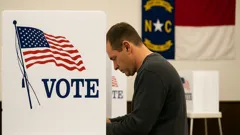
How Partisan vs. Nonpartisan Elections Shape North Carolina’s Cities
Voter Information
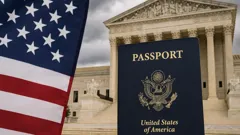
US Birthright Citizenship Debate: What Changes Could Mean for Millions
News & Updates
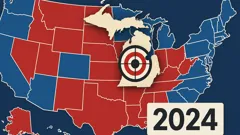
How Swing States Have Shifted and Why They Still Rule Elections
News & Updates

First-generation Ivy Leaguers triumph over unique college challenges
Hiring

Americans brace for possible Social Security cuts that reshape retirement
News & Updates

Build your own AI chatbot and unlock hands-on tech superpowers
Resources & Tools

How to outsmart hidden medical expenses in your golden years
Civic Education

California workers secure jobs this summer with new 2025 laws
Hiring

Office power plays backfire and cost careers faster than you think
Hiring
 Love Women Vibes
Love Women Vibes

Comments